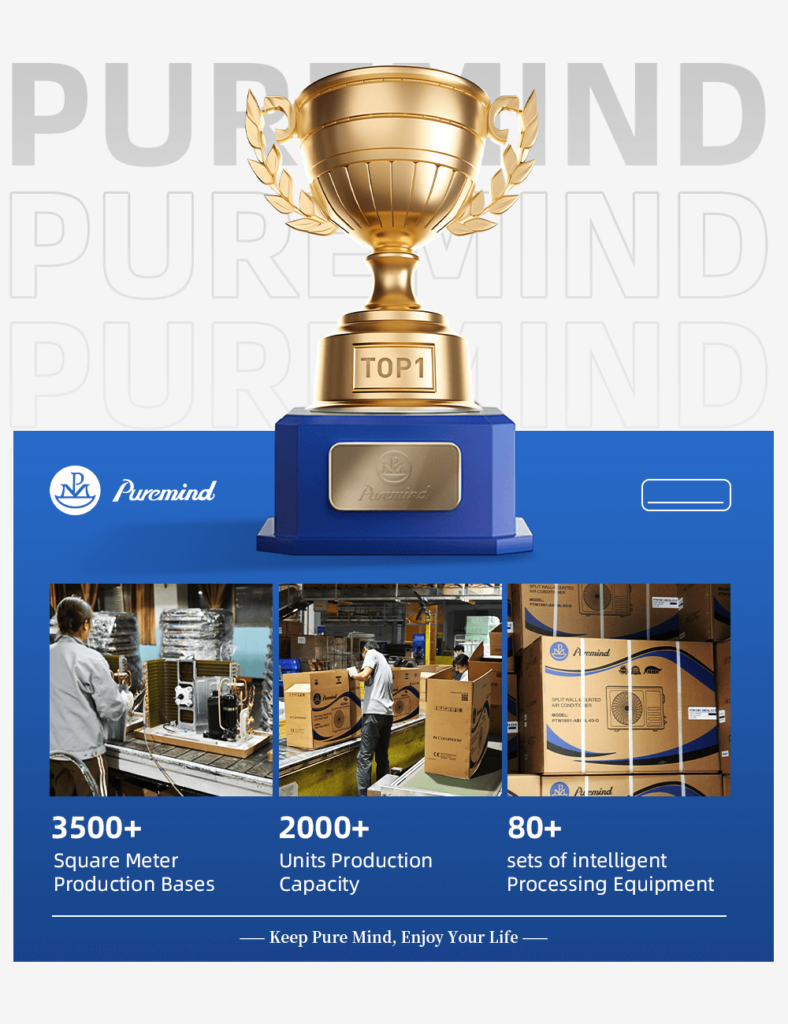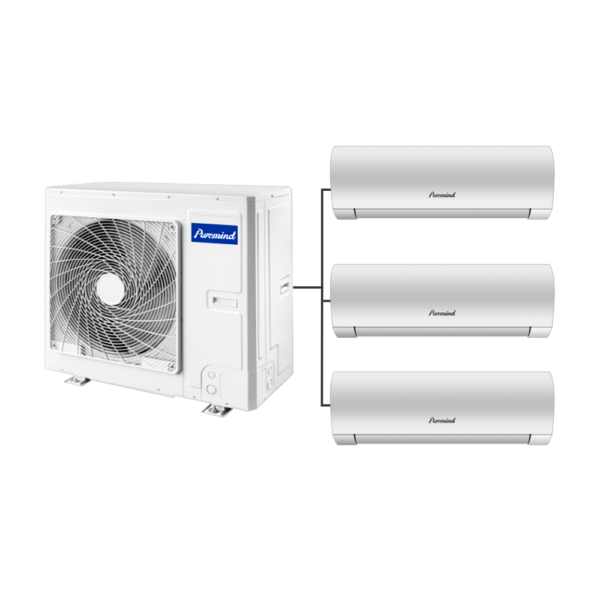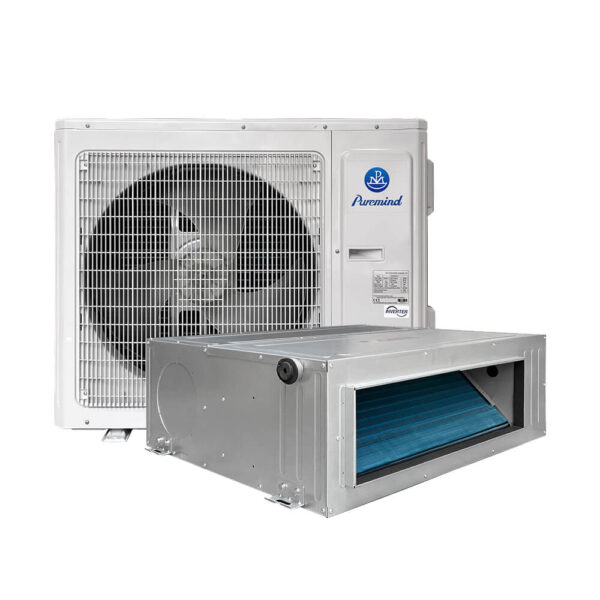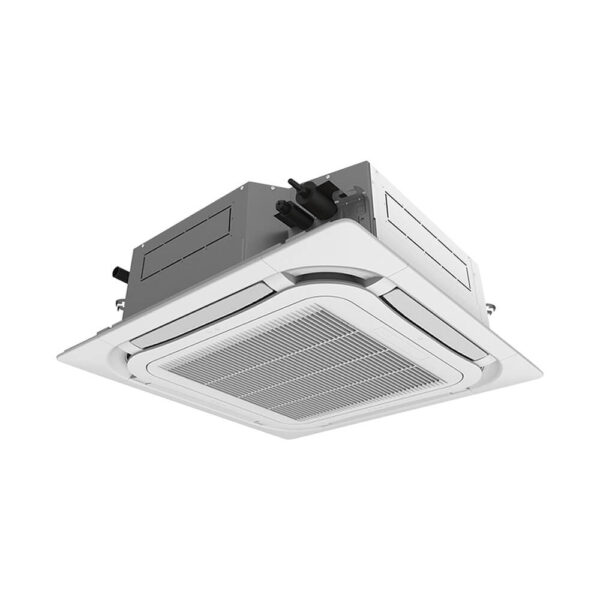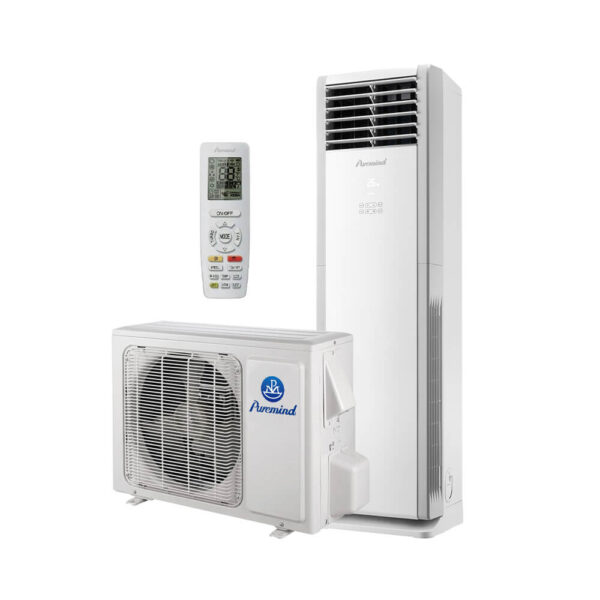Industrial HVAC Manufacturers Guide for Wholesalers, Suppliers & Distributors
The demand for large-scale heating, ventilation, and air conditioning solutions continues to rise as industries expand and focus more on energy efficiency, safety, and environmental compliance. At the forefront of this growth are industrial HVAC manufacturers—companies that design, produce, and innovate complex systems for commercial buildings, manufacturing facilities, and industrial plants. This guide explores the role of these manufacturers, their technologies, and how they work with wholesalers, suppliers, and distributors to deliver world-class solutions.
Who Are Industrial HVAC Manufacturers?
Industrial HVAC manufacturers specialize in producing high-capacity heating, ventilation, and cooling equipment designed for large-scale and specialized applications. These systems differ from residential and light commercial units due to their higher power output, advanced control systems, and ability to integrate with building management systems (BMS). Examples include large chillers, rooftop units, industrial air handlers, and custom climate control systems for cleanrooms or manufacturing processes.
Core Responsibilities
- Designing and engineering HVAC systems for industrial environments.
- Manufacturing products that meet performance and safety regulations.
- Integrating advanced control systems for precision climate management.
- Testing products according to ASHRAE and other international standards.
Technologies Used by Leading Industrial HVAC Manufacturers
The industrial HVAC sector is embracing innovations to address energy efficiency, environmental concerns, and operational reliability. Common advanced technologies include:
- Variable Frequency Drives (VFDs): Regulating motor speed to save energy.
- IoT Integration: Remote monitoring and predictive maintenance.
- Advanced Filtration Systems: HEPA and ULPA filters for critical environments.
- Heat Recovery Systems: Capturing waste heat for reuse.
- Low-GWP Refrigerants: Environmentally friendly options that comply with global regulations.
Impact on Wholesalers, Suppliers, and Distributors
Working with top industrial HVAC manufacturers provides significant advantages for supply chain partners. These include:
- Access to robust, high-capacity equipment designed for challenging conditions.
- Products with extended service life, reducing replacement costs for clients.
- Compliance with energy efficiency and environmental standards.
- Opportunities to serve niche markets such as data centers, food processing plants, and pharmaceuticals.
Example: Split Air Conditioner Applications in Industrial Settings
While industrial facilities often require large-scale systems, certain areas benefit from smaller, more targeted solutions like split air conditioners. For example, server rooms, control rooms, or small production spaces may require independent cooling to maintain operational stability. Distributors can explore the split air conditioner product line to offer these complementary solutions alongside industrial-grade equipment.
Global Leaders in Industrial HVAC Manufacturing
Some of the most prominent manufacturers in this sector are known for their engineering expertise, global distribution networks, and commitment to innovation. These companies often lead the way in adopting environmentally friendly refrigerants, advanced energy recovery technologies, and intelligent building integration.
Selection Criteria for Wholesalers
- Proven performance in high-demand industrial environments.
- Compliance with ASHRAE and local standards.
- Availability of customized solutions.
- Comprehensive after-sales support and spare parts availability.
Trends Shaping the Industrial HVAC Market
- Decarbonization: Transitioning to low-carbon systems to meet climate goals.
- Renewable Energy Integration: Systems designed to work with solar, wind, and geothermal energy.
- Hybrid HVAC Systems: Combining different technologies for maximum efficiency.
- Improved Indoor Air Quality: Demand for advanced air purification in manufacturing and healthcare settings.
Challenges Facing Industrial HVAC Manufacturers
Despite strong demand, manufacturers in this sector face several operational and market challenges:
- High Production Costs: Due to advanced materials and components.
- Global Supply Chain Risks: Component shortages can delay projects.
- Regulatory Pressures: Constant updates to environmental laws and energy codes.
- Specialized Workforce Needs: Skilled engineers and technicians are essential for manufacturing and installation.
Best Practices for Distributors and Suppliers
To get the most from partnerships with industrial HVAC manufacturers, wholesalers and suppliers should:
- Invest in technical training for sales and service teams.
- Offer both large-scale and complementary HVAC solutions to meet diverse needs.
- Promote products with verifiable performance data and certifications.
- Maintain strong relationships with manufacturers for priority support.
Conclusion
Industrial HVAC manufacturers are the backbone of climate control in large-scale applications. By understanding their capabilities, adopting the latest technologies they offer, and building strong partnerships, wholesalers, suppliers, and distributors can expand their market reach and deliver high-value solutions to their customers. In a rapidly evolving market focused on sustainability and efficiency, aligning with innovative manufacturers is key to long-term success.
